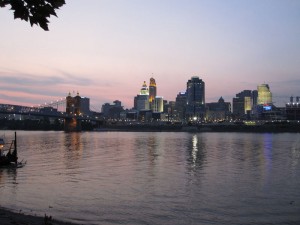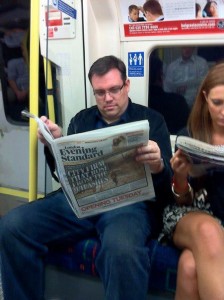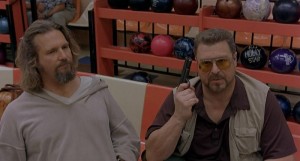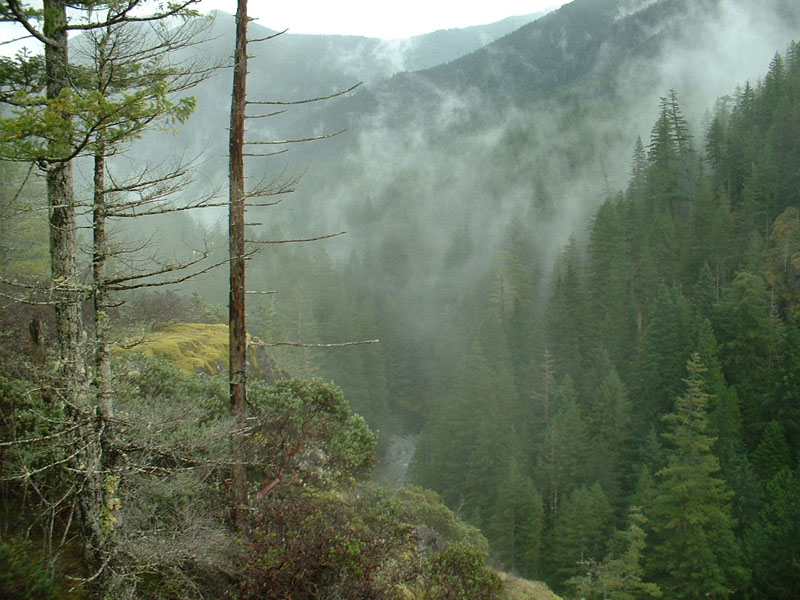This blog post deals with topics of a sensitive nature, and some of what follows may be considered NSFW and/or TMI for some readers. Continue at your own discretion.
 I lived in Asheville, North Carolina for a couple years while growing up, which is located in the mountainous western part of the state. Our neighborhood was perched on the side of Beaucatcher Mountain, and was comprised of a lot of hilly, windy streets. One particular neighborhood street was especially steep, with a sharp S-curve at the bottom of a long, straight hill. Just beyond the S-curve, the terrain dropped off dramatically into a rugged, wooded ravine. If the street had been a busier road, it would be one of those notorious stretches of highway that has a nickname like Death Hill or Blood Alley.
I lived in Asheville, North Carolina for a couple years while growing up, which is located in the mountainous western part of the state. Our neighborhood was perched on the side of Beaucatcher Mountain, and was comprised of a lot of hilly, windy streets. One particular neighborhood street was especially steep, with a sharp S-curve at the bottom of a long, straight hill. Just beyond the S-curve, the terrain dropped off dramatically into a rugged, wooded ravine. If the street had been a busier road, it would be one of those notorious stretches of highway that has a nickname like Death Hill or Blood Alley.
As it was, the street didn’t have very many houses on it and was lightly traveled by cars, so it became a favorite spot for us to play. I’d pull my red Radio Flyer wagon to the top of the hill, climb on board, and then ride at top speed down the hill, with the wind blowing in my face. The feeling of flying downhill was as ecstatic as the first big drop on a roller coaster, but was tempered with the very real danger of missing the curve, flying off the pavement, and ending up broken and bloodied at the bottom of the ravine.
The memory of flying down that hill in a Radio Flyer wagon at high speed, with a near-certain bloody and painful death at the bottom of the hill rapidly getting closer, has become somewhat of an unfortunate metaphor for my love life over the years. The whole realm of relationships and sexuality has been a very difficult one for me, and it’s not without a degree of hesitation that I write about it here. While I do a pretty good job at maintaining close friendships with quite a few attractive women, things always seem to fall apart whenever there’s a hint of romantic feelings involved.
Part of it may have to do with the uptight Calvinist background I grew up in, where sexuality was hardly ever discussed except in the context of there apparently being far too much of it on television and in popular culture. And then there’s the fact that I was sexually abused as a child, by an older neighborhood kid who promised to allow me into his “club” if I performed certain acts down in the woods behind the house. Somehow my membership card to his secret club must have repeatedly gotten lost in the mail, because I kept having to go through the initiation process over and over again.
I also have mild Asperger’s syndrome, and that no doubt plays a big role as well, even though I never knew I was an Aspie until I was well into adulthood. Nowadays I can do a pretty good job of pretending I’m at least somewhat normal, but as a kid I was clueless. Nobody really had a name for my condition at that time; I just assumed I was a weird misfit due to some horrible character defect on my part. While my classmates were playing with their Transformers or G.I. Joe action figures, I was usually off in the corner sketching pictures of bridges and space ships. A few years later when they were having their first sexual experiences, I was still sketching (slightly more refined) pictures of bridges and space ships. It’s not that I didn’t have sexual feelings or wasn’t incredibly attracted to certain girls at school; it’s just that I was too chickenshit to actually act on those feelings. My classmates assumed I was gay or asexual, and bullied the living shit out of me accordingly. During bus rides home in 5th grade, a few of the popular kids would corner me in the back of the school bus and ask me invasive questions about my sexuality. If they didn’t like my answer, one of them would give me a swift punch in the stomach.
As you might imagine, relationships and sexuality – things that, in an ideal world, should be sources of joy and happiness for those involved – had come to be strongly associated with feelings of guilt, shame, rejection, and violence in my mind. When you crash the Radio Flyer wagon into the ravine too many times, you start to dread the idea of hauling it back up the hill for another ride.
Fast-forward to this past week, when a random bit of news during my workday brought back vivid memories of a time when I flew down that metaphorical hill way too fast, and ended up crashing into the ravine in a most spectacular manner.
As it turns out, a former crush of mine is getting married on Saturday, and not to me. You’d think I’d be over it after almost a decade, but this one really stung. For a few months in late 2002 and early 2003, “Jennifer” and I had developed what I considered a pretty deep long-distance relationship, which culminated in her flying to Philadelphia and meeting up with me during her spring break.
I’ve always had a pretty specific picture in my head of what my ideal partner is like, and it was uncanny just how close she came to that mental image, in a number of important ways: her intelligence, her emotional maturity, her overall great looks, and so forth. Nobody else before or since then has come quite so close to my idealized version of Miss Right. I was much more religious back then than I am now, and I was convinced she was the gift from God that I had been praying for almost my entire life.
 But there was more to her than just a nice personality and physical attractiveness. Jennifer was born without arms, and used her agile feet to do things that most people do with their hands. A real-life Venus de Milo, I found her unique condition to be incredibly fascinating and sensual. I didn’t think of her as disabled, and she didn’t think of herself that way, either. She had never known any other way to live, and her body was as normal to her as mine is to me.
But there was more to her than just a nice personality and physical attractiveness. Jennifer was born without arms, and used her agile feet to do things that most people do with their hands. A real-life Venus de Milo, I found her unique condition to be incredibly fascinating and sensual. I didn’t think of her as disabled, and she didn’t think of herself that way, either. She had never known any other way to live, and her body was as normal to her as mine is to me.
I’ve always been drawn to the unique and unusual. In a neighborhood full of bland McMansions, I’m the guy who would buy something like the Mushroom House. Whenever I’d get a handful of candy corn around Halloween, I’d always pick out the mutant pieces and eat them first, because they were special and stood out from the others. I was somehow convinced this made them taste better.
Likewise, for as long as I can remember I’ve been fascinated by and found beauty in people with certain unique physical characteristics – even something as relatively minor as having a pair of webbed toes – but particularly with people who are missing one or more limbs, either by birth or through circumstances later in life. Jennifer wasn’t the first amputee I’d felt romantic feelings toward, and she likely won’t be the last. The first crush I ever had was toward Carol Johnston, a gymnast who was born without part of her right arm. Her story was the subject of a Disney film I saw on TV while growing up, and I was enthralled with the shape and movement of her partial arm, which ended with a small, round stump just below her elbow. (Carol is almost old enough to be my mother, but she appeared much closer to my age in the film, which had been produced a number of years before I saw it.) Jennifer was completely armless, not unlike Simona Atzori, an Italian artist and dancer who was also born without arms. No stumps or even scars, just perfectly smooth shoulders where a pair of arms would normally begin. Her use of her feet for daily tasks was as fluid and natural as most people’s use of their hands. I’d gladly pick somebody like her over any number of plastic-looking supermodels.
There’s a lot more to it than just the physical attraction, though. What I find equally appealing is the fact that people like Jennifer have a unique story to tell, that they know what it’s like to be different and to overcome obstacles. My favorite people in the world are those who strive to overcome life’s challenges with grace and humor, and who embrace their own uniqueness. This might be the one element that all my closest friends have in common, regardless of how many limbs they have.
An army of therapists could spend countless hours speculating on all the reasons why I have these feelings, and still not come up with a satisfactory answer. I wouldn’t really call it a fetish, although sexual attraction is certainly one part of it. I’ve always felt different throughout my life, and I think maybe I find a kindred spirit in somebody who is as different on the outside as I am on the inside, and who has spent a lifetime overcoming obstacles and dealing with other people’s stares and clueless comments, as well as more mundane things like a lack of wheelchair ramps or doorknobs that are difficult to grasp. To be clear, the attraction has nothing at all to do with any hardship or suffering that comes with being an amputee. I’ve had a few close friends over the years who are amputees, and I wouldn’t wish those phantom pains, ongoing medical issues, or the cost of a prosthetic limb on anybody.
As you might imagine, being attracted to amputees brings forth a lot of conflicted feelings that include heavy doses of shame and guilt. Pop culture values physical perfection to an obscene level, and people don’t like to be reminded that they might someday lose a leg in a car accident, or give birth to a child that has less than ten perfect fingers and ten perfect toes. Veterans who lose limbs in combat are either swept under the rug and ignored by the people who sent them into combat in the first place, or are maybe put onto a pedestal and briefly worshipped as folk heros – but never portrayed as the guy next door who lost his legs and a couple of close friends to a roadside bomb, and who still has nightmares about it. But I didn’t choose to have this attraction any more than Jennifer chose to be born without arms, and I reject the notion that I should beat myself up over an aspect of my psyche that I never willingly signed up for.
Soon after high school, my family got a computer and I was introduced to this new thing called the Internet for the first time. After doing a couple of Alta Vista searches (I’m really dating myself here), I soon discovered that I’m not the only person who has this attraction; people like me are typically referred to as devotees within the community. (The phenomenon also has a very dry technical term: Acrotomophilia.) Personally, I find the terminology inadequate – the term admirer has also been tossed around, which I find more apt – but for better or worse, devotee seems to be the accepted label.
How do amputees typically feel about this attraction? Opinions vary widely. Some find it very flattering and liberating; a common sentiment is that it’s nice to be seen as an attractive woman with no caveats, as opposed to being seen as attractive despite a disability. Others find it extremely repulsive and threatening, feeling that devotees are getting their jollies from what for many amputees is the most painful and traumatic episode of their lives. Most amputees’ feelings probably fall somewhere between those two extremes, perhaps accepting of the attraction despite some reservations. As a gross generalization, my experience is that amputees who were born that way tend to be more accepting of the attraction than those who lost a limb later in life due to trauma or disease. It’s a very controversial issue within online support groups and other amputee-related communities, with very passionate feelings on all sides of the issue. The purpose of this blog post isn’t to change anybody’s mind about it, but to simply articulate my own feelings.
Back in the 90’s there used to be a small online community of devotees and devotee-friendly amputees, mostly on IRC and an email listserv. There were even occasional real-life gatherings, and a number of marriages have come from those meetings. With a fairly intimate community it was easier to keep the predatory elements away, of which there are unfortunately quite a few. In the amputee-devotee subculture, the bad apples usually consist of guys who get off on some sort of power trip by being with somebody they perceive as helpless, or people who live out their fantasies by pretending to be amputees online.
Unfortunately, with the explosion in social media such as MySpace and then Facebook over the past few years, what used to be a fairly tight-knit and self-policing internet subculture has become a free-for-all, with some devotees pursuing amputees with all the grace and chivalry of the Nazgûl pursuing the One Ring, and ruining it for those who have better social skills and more honest intentions. There are still some vestiges of the old community left, but it’s a pretty small and isolated group with relatively little in the way of new blood.
I know of a number of amputee/devotee couples who couldn’t be happier. I also know of devotees who have gone their entire lives without finding their ideal partner to settle down with, and I know of others who ultimately married non-amputees only to find themselves depressed and frustrated, and their marriages failing. As for myself, it certainly makes things difficult because my ideal dating pool is a tiny fraction of the general population. I can go months or years at a time before seeing an attractive female amputee out in public, and the whole online scene is a crapshoot. On the rare occasion I see an attractive amputee out in public and I fail to make any kind of meaningful contact with her (which is almost always the case – I universally err on the side of keeping a respectful distance and doing nothing, rather than annoying her with any awkward advances), it can haunt me for months or years after the fact.
Mind you, I’m still very attracted to able-bodied women as well. The longest relationship I’ve had so far was with somebody who wasn’t an amputee, and I don’t regret a minute of it. But in looking for a long-term relationship or marriage, I face a bit of a dilemma. When I was in that relationship, there was always a nagging feeling in the back of my mind that I wasn’t being true to my feelings and that I was “settling” for something that was less than my ideal, and I was overcome with feelings of guilt. I didn’t feel like I was being fair to either her or myself. Nobody likes to be told they’re a second choice.
Jennifer seemed flattered by my unusual form of attention, and I was thrilled with the idea that after so much longing and searching, I had finally found somebody to share my life with. But the day after she arrived in town and we first met face-to-face, she called me up at work just a couple hours before we were supposed to meet again, and slammed the brakes on any notion of a relationship. She never did give a clear reason, but seemed to imply that she wasn’t ready for a relationship and that the chemistry didn’t feel right.
On one level it was understandable, as there was a pretty significant age difference between us, we had different backgrounds and ambitions, and lived a couple thousand miles apart. At that moment on the phone, though, I felt like a bomb had just been detonated within my already-fragile psyche. I blame myself for getting my hopes up too high in the first place, but that euphoric feeling of being head-over-heels in love was incredible while it lasted. For a brief few weeks, I felt like I was racing downhill in that Radio Flyer wagon, and the S-curve and ravine were no longer a threat. I haven’t experienced anything like it since then, and part of me wonders if I ever will.
She said she wanted to remain friends, and held out the idea that maybe sometime in the future, things might work out between us. But it never happened. The phone calls and online chats became less frequent, and then stopped altogether. My greetings went unanswered, and after a lot of heartbreak and depression on my part, I eventually moved on. She became somewhat of a minor media celebrity with her motivational speaking gigs and amazing accomplishments, and I continued quietly making slow but steady progress toward my academic and professional goals.
I had pretty much put her out of my mind until now, but learning that she’s getting married this week brought it all back. In all honesty, I wish her the best, and with the benefit of 20/20 hindsight, I can now look back and see about a million reasons why things never would have worked out between us. As painful as it was for me, she probably did the right thing by breaking it off sooner rather than later.
So now I’m spilling my guts here, mainly just to get it off my chest and hopefully gain some catharsis, but also to shed some insight into an aspect of my life that, until now, I’ve kept pretty private. No doubt some parts of this blog entry dove pretty far into TMI territory for some, but I’m hoping the benefits outweigh any negative blowback. A few of my closest friends already know about this side of me, and seem generally accepting of it, even if it’s impossible for them to fully understand it. One friend quipped, “Most of the women I date are missing a brain, so I’d have to envy you if your girlfriend was only missing an arm or a leg.”
One of my resolutions for 2012 was to try and let go of some emotional baggage that I’ve been carrying around my neck like an albatross, and this is part of that process. With people all over the country being denied equal rights and bullied to the point of suicide because of who they love, it seems hypocritical for me to champion their rights while keeping my own sexual proclivities safely tucked away in the closet, out of danger. Maybe some good will come of this blog post, and there may be some negative consequences as well. But I think I’ve reached the point where I’m finally willing to stop living in fear of the what-if scenarios, and to let the chips fall where they may. Fuck that ravine.
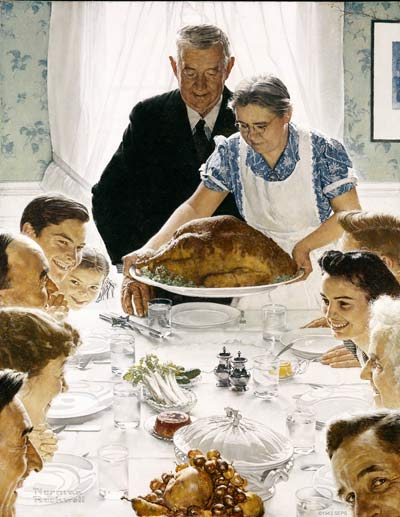 In wake of the presidential election, lots of think-piece articles are flowing around social media saying that “elite” coastal liberals should empathize with and respect the opinions of rural white Trump voters. Having grown up in a very conservative area smack where the Midwest meets the South, I find such articles more than a bit patronizing. In response, this recent article in Roll Call articulates my feelings much better than I could. Change a few details and I could’ve written it myself.
In wake of the presidential election, lots of think-piece articles are flowing around social media saying that “elite” coastal liberals should empathize with and respect the opinions of rural white Trump voters. Having grown up in a very conservative area smack where the Midwest meets the South, I find such articles more than a bit patronizing. In response, this recent article in Roll Call articulates my feelings much better than I could. Change a few details and I could’ve written it myself.
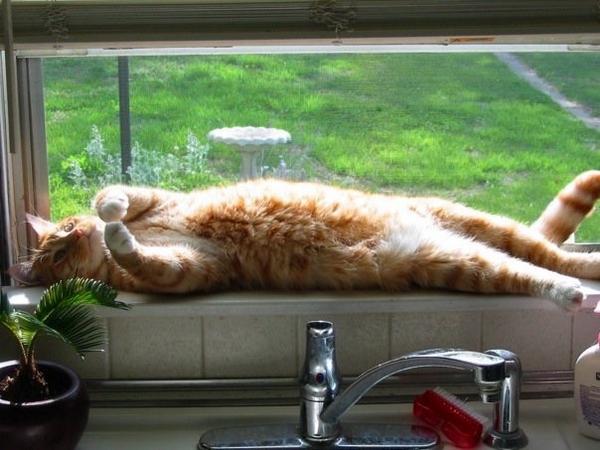
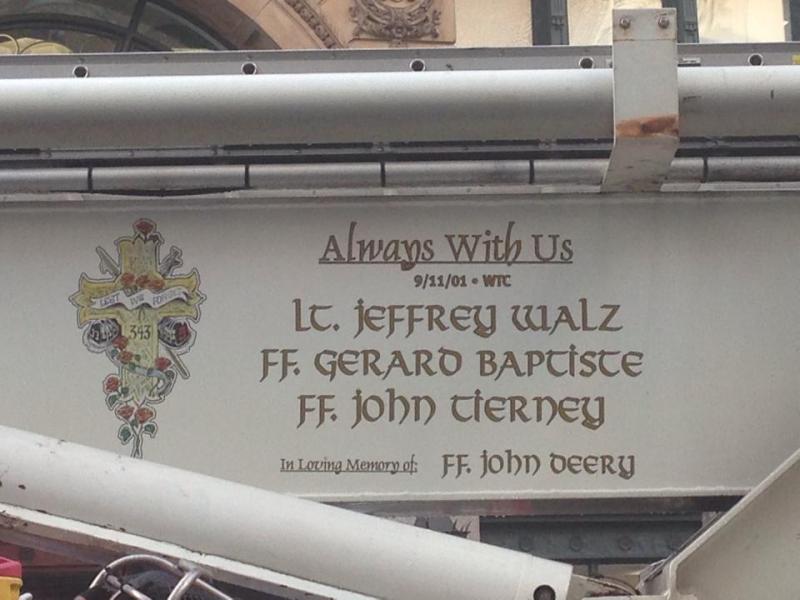
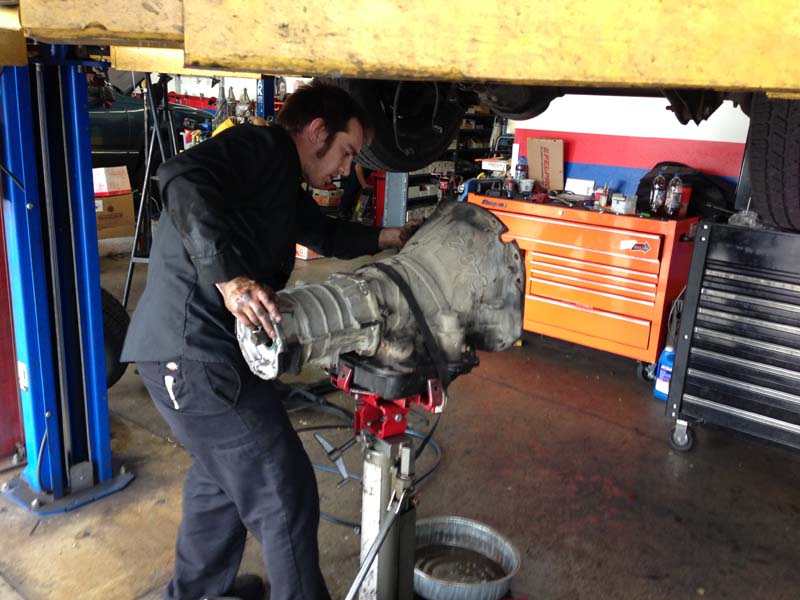
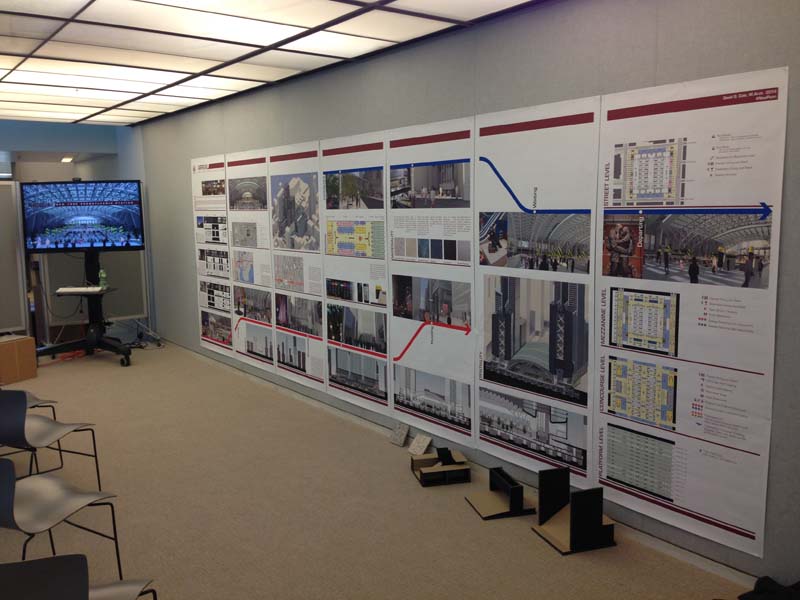
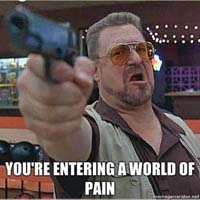 With hardly any time to catch my breath after graduation, I put all my stuff into storage once again, boarded a plane to New York, and started working at the aforementioned boutique firm the following Monday… And it immediately became clear that I had entered a world of pain. The work environment could best be described as abusive, the hours were extreme, the work was unoriginal and unproductive, and the firm’s financial standing appeared to be shaky at best. I began sending out resumes again before I had even gotten my first paycheck.
With hardly any time to catch my breath after graduation, I put all my stuff into storage once again, boarded a plane to New York, and started working at the aforementioned boutique firm the following Monday… And it immediately became clear that I had entered a world of pain. The work environment could best be described as abusive, the hours were extreme, the work was unoriginal and unproductive, and the firm’s financial standing appeared to be shaky at best. I began sending out resumes again before I had even gotten my first paycheck.
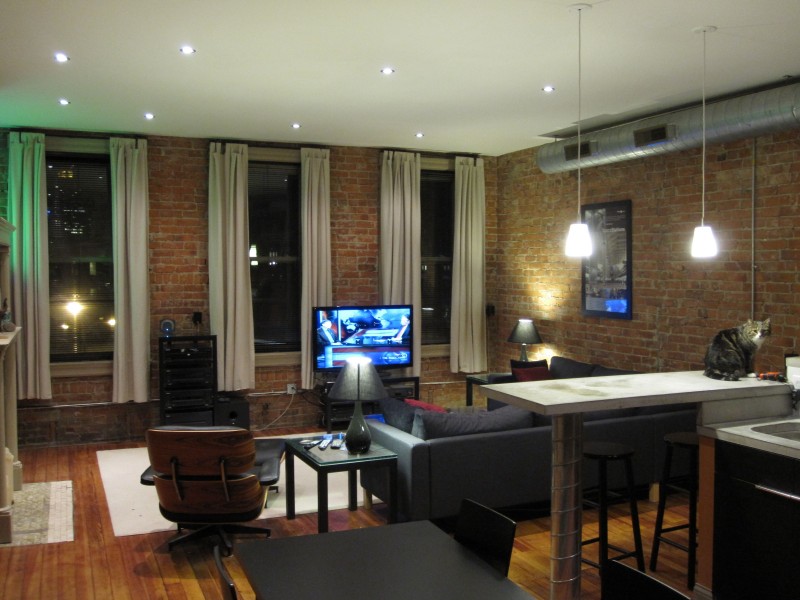
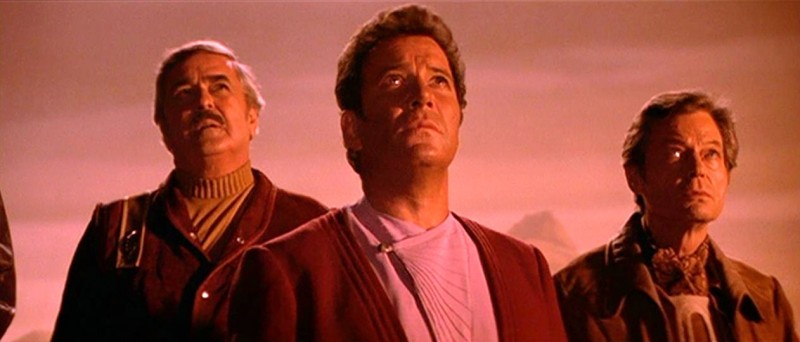
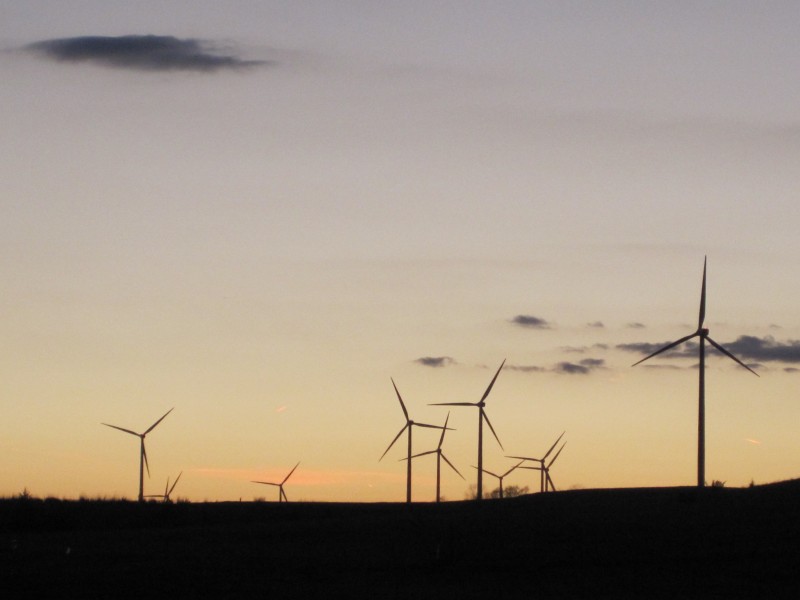
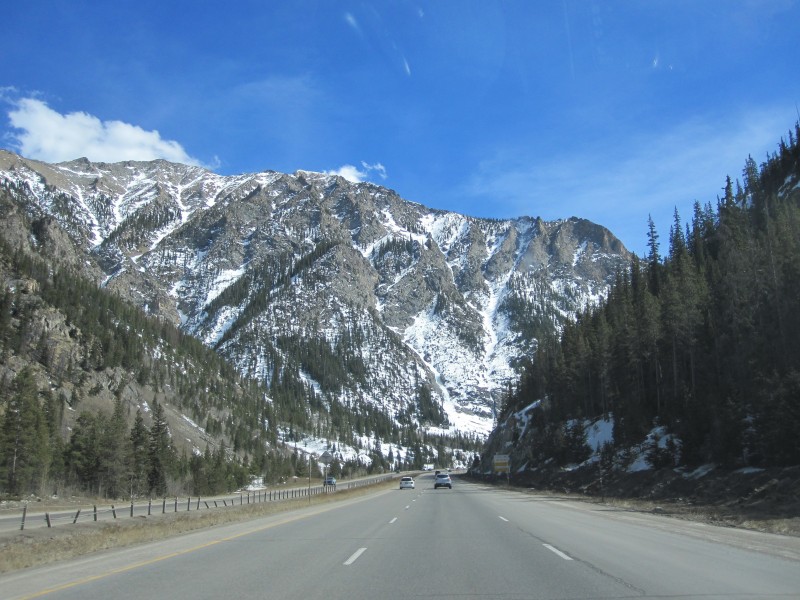
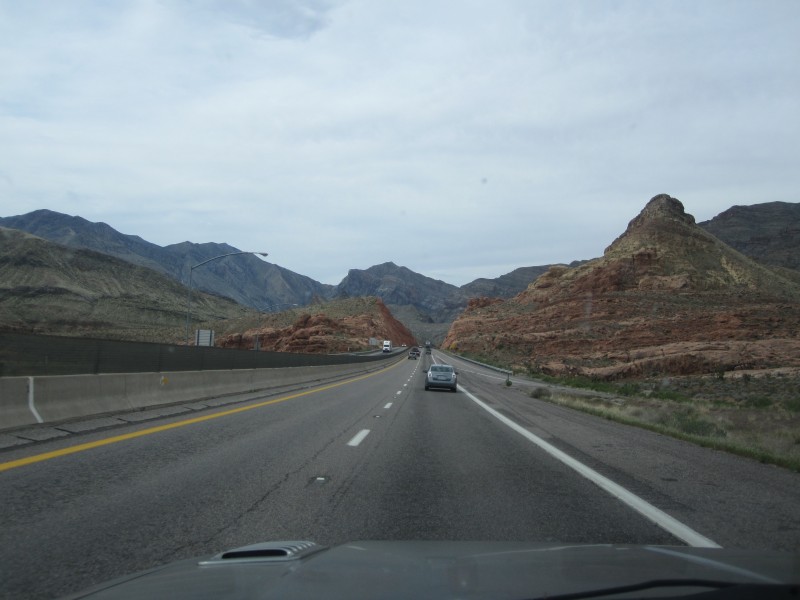
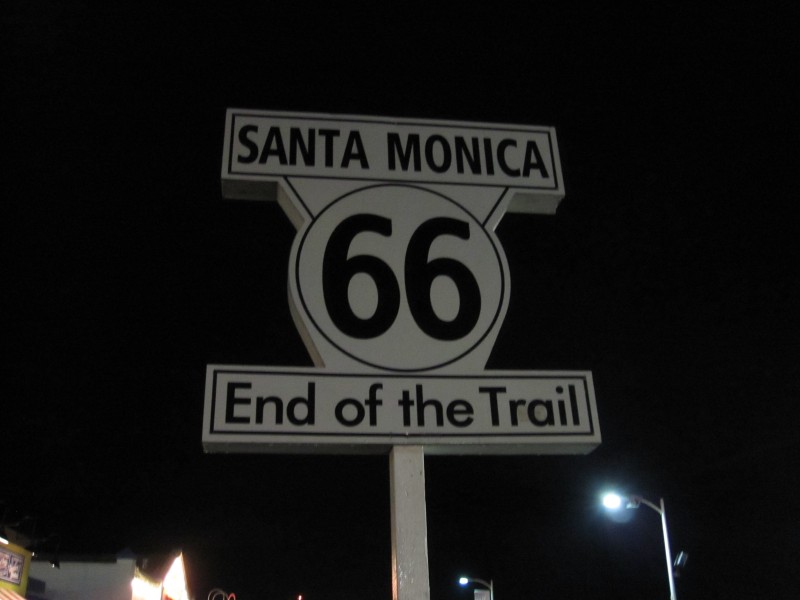

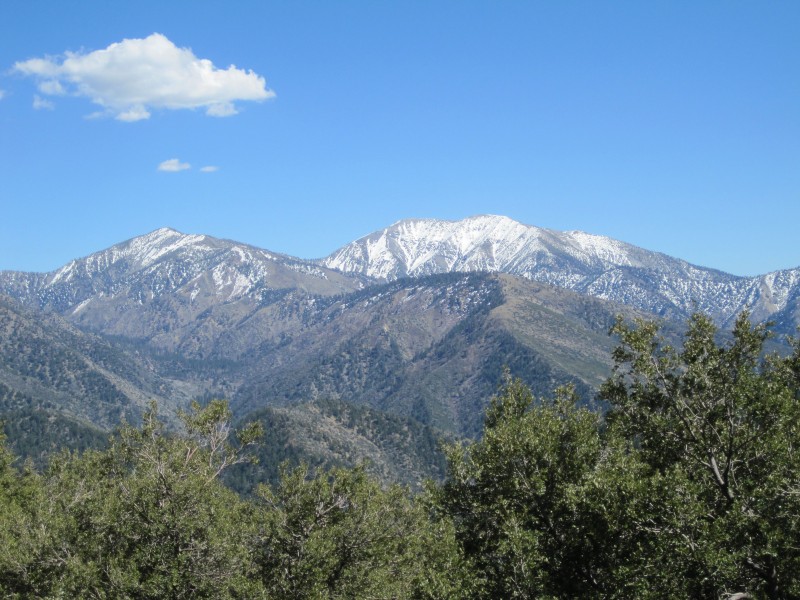
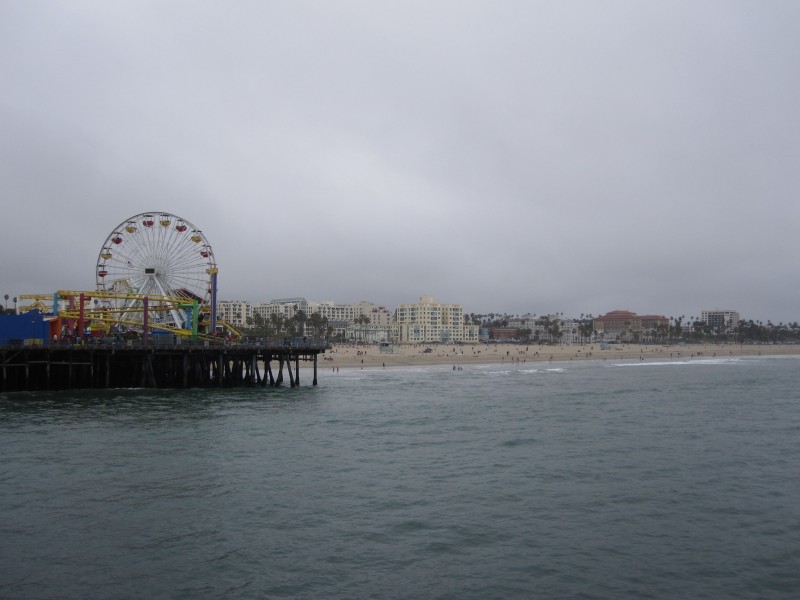
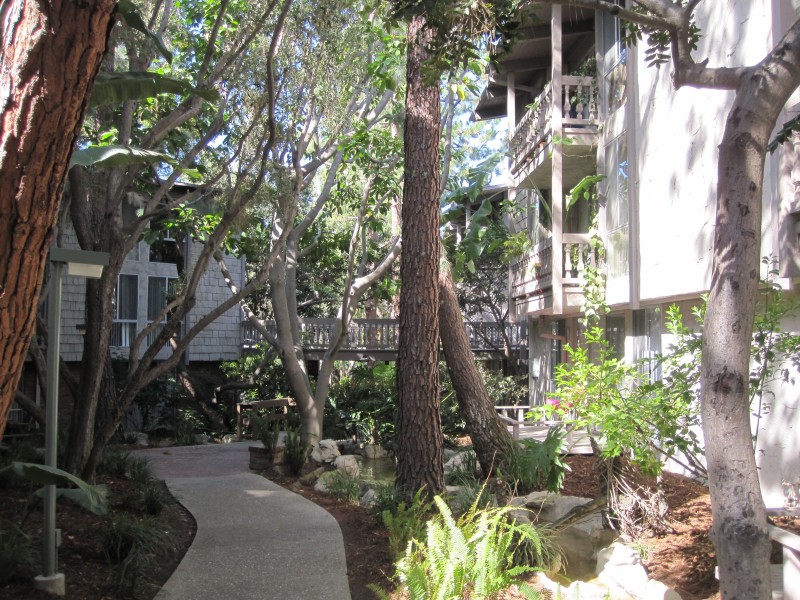
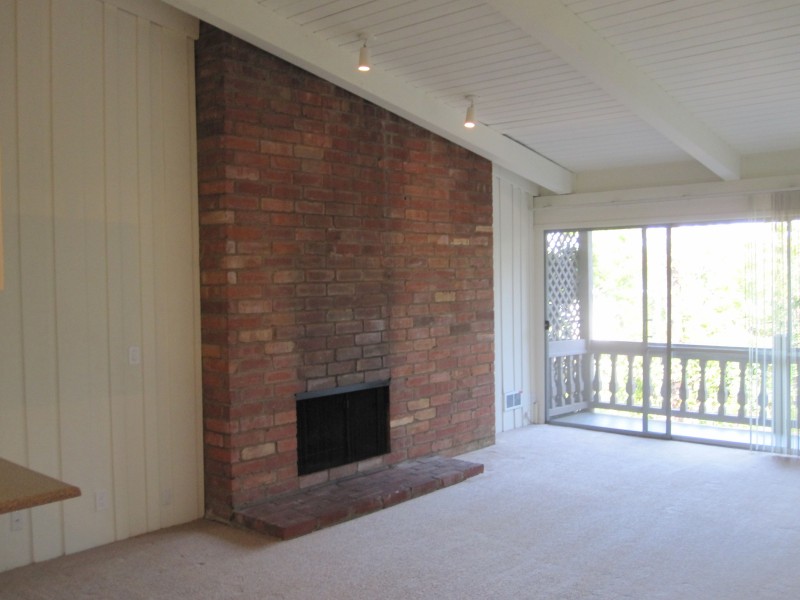
 I lived in Asheville, North Carolina for a couple years while growing up, which is located in the mountainous western part of the state. Our neighborhood was perched on the side of Beaucatcher Mountain, and was comprised of a lot of hilly, windy streets. One particular neighborhood street was especially steep, with a sharp S-curve at the bottom of a long, straight hill. Just beyond the S-curve, the terrain dropped off dramatically into a rugged, wooded ravine. If the street had been a busier road, it would be one of those notorious stretches of highway that has a nickname like Death Hill or Blood Alley.
I lived in Asheville, North Carolina for a couple years while growing up, which is located in the mountainous western part of the state. Our neighborhood was perched on the side of Beaucatcher Mountain, and was comprised of a lot of hilly, windy streets. One particular neighborhood street was especially steep, with a sharp S-curve at the bottom of a long, straight hill. Just beyond the S-curve, the terrain dropped off dramatically into a rugged, wooded ravine. If the street had been a busier road, it would be one of those notorious stretches of highway that has a nickname like Death Hill or Blood Alley. But there was more to her than just a nice personality and physical attractiveness. Jennifer was born without arms, and used her agile feet to do things that most people do with their hands. A real-life Venus de Milo, I found her unique condition to be incredibly fascinating and sensual. I didn’t think of her as disabled, and she didn’t think of herself that way, either. She had never known any other way to live, and her body was as normal to her as mine is to me.
But there was more to her than just a nice personality and physical attractiveness. Jennifer was born without arms, and used her agile feet to do things that most people do with their hands. A real-life Venus de Milo, I found her unique condition to be incredibly fascinating and sensual. I didn’t think of her as disabled, and she didn’t think of herself that way, either. She had never known any other way to live, and her body was as normal to her as mine is to me.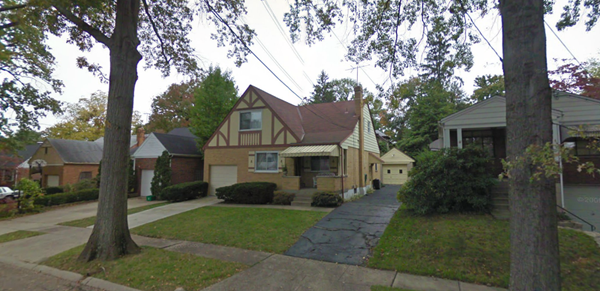


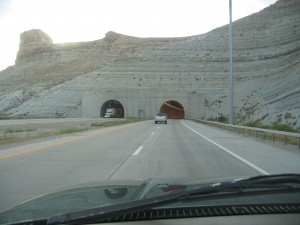
 The next four months in Eugene were spent seeking employment, hanging out at the Starbucks near the University of Oregon campus, and whenever finances permitted, driving and/or hiking throughout the surrounding mountains.
The next four months in Eugene were spent seeking employment, hanging out at the Starbucks near the University of Oregon campus, and whenever finances permitted, driving and/or hiking throughout the surrounding mountains.
